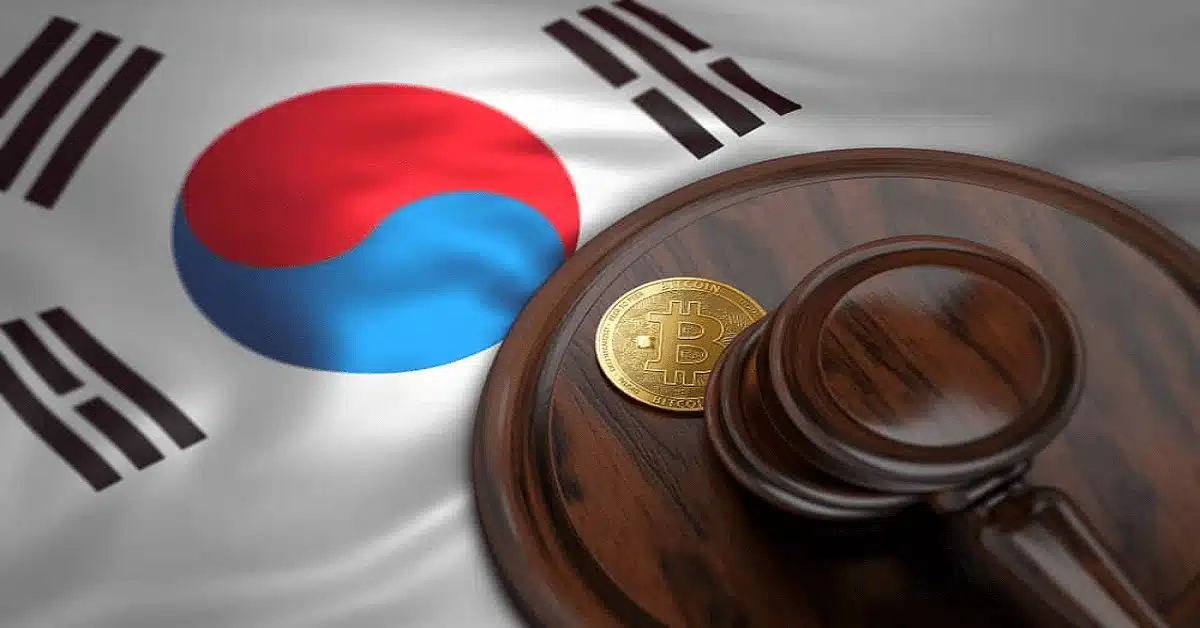The South Korean National Assembly has postponed its plenary session, initially scheduled for November 26, 2024, due to a heated political debate over the taxation of virtual assets. The session was intended to address several critical issues, with cryptocurrency taxation at the forefront. However, conflicts between the ruling People Power Party (PPP) and the opposition Democratic Party of Korea (DPK) led to the cancellation.
The DPK has been urging the government to enact the crypto tax as soon as possible, while the PPP asks for a two-year tax moratorium. The ruling party explained the reason for this more time, saying it requires sufficient time to deal with the associated issues arising from the expanding crypto market. Other issues, including other controversies regarding inheritance tax policies, also caused the delay. Both parties are working within the Planning and Finance Committee to resolve these matters through further discussions.
Also Read: South Korea Intensifies Crackdown on Crypto Tax Evasion Ahead of New Tax Framework
Proposed Changes to Tax Exemption Thresholds and Ongoing Challenges
A key point of contention has been the tax exemption thresholds for virtual assets, with the Democratic Party proposing an increase in the tax exclusion limit from 2.5 million won to 50 million won. They argue that this change would reduce the number of taxable individuals, affecting only about 3,500 high-net-worth investors out of South Korea’s 8 million crypto holders. Policy Committee Chairman Jin Sung-joon explained that this would ensure only those with assets over 1 billion won would be taxed.
However, conflict within Congress, particularly within the Democratic Party, remains alive, especially regarding the tax proposal. Although they expect to continue lobbying for the new exemption limit, further discussions and decisions will ultimately determine the choice of crypto taxation. These discussions are expected to resemble the lengthy debates over financial investment income tax regulations.
Despite plans to implement the tax by January 2025, the Democratic Party faces significant logistical and technical challenges. Han Dong-hoon, leader of the PPP, emphasized that infrastructure must be built to ensure efficient tax collection. He also stressed the need to recognize virtual assets as legitimate investments rather than treating them as speculative tools, a view that resonates with many younger investors.
Conclusion
The delay in the National Assembly’s session highlights the complexity of the crypto taxation debate in South Korea. As both parties continue to negotiate, the future of virtual asset regulation remains uncertain.
Also Read: South Korea Confirms Crypto Tax Implementation for 2025 After Delays

